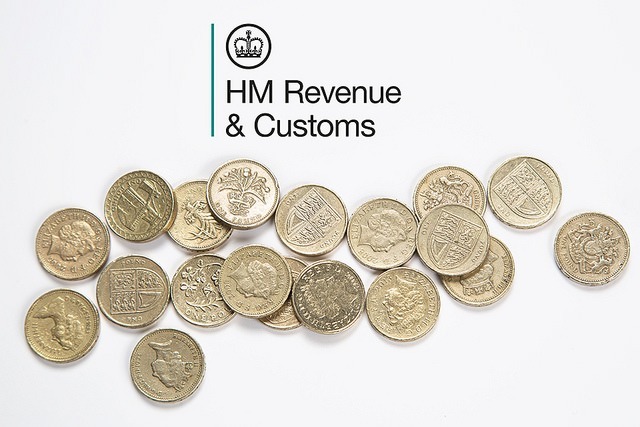How can I avoid Inheritance Tax on my home?
Property prices in London and the South East have been booming for years now. Every once in a while there’s talk of the bubble bursting, but, whether it’s due to demand outstripping supply, or any other factor, there’s no sign of it on the horizon. Read on to find out how this effects Inheritance Tax.
Stagnant Nil Rate Band
One of several major issues this causes is that when a homeowner dies, their estate is likely to face a very substantial bill for Inheritance Tax. This is because, although the law allows you to leave an amount of wealth in your estate tax-free (known as the Nil Rate Band), the threshold has hardly risen over the last ten years, and hasn’t moved at all since 2009, when it was raised to £325,000. Meanwhile, according to Property website Right Move, the average home in London in 2017 was sold for more than £600,000, while in the broader South East the average price is close to £400,000.
Inheritance Tax woes
Meanwhile, the rate of Inheritance Tax for anything in your estate not covered by your Nil Rate Band is a staggering 40%. All of this means that if you leave an average London home in your estate, there could be a tax bill of £110,000 just on your home, without getting to any other assets (assuming a house value of £600,000).
Use sensible estate planning to reduce your exposure
Now, the government did create an additional Nil Rate Band called the Residence Nil Rate Band earlier this year, which allows you to add a further £100,000 to your Nil Rate Band if you are leaving your property to a direct descendant.
You may also be able to make use of the Nil Rate Band of a spouse, if the spouse which dies first leaves their estate to the surviving spouse. This can mean you effectively have double the usual Nil Rate Band, or £650,000. In the right circumstances, you may have use of two Nil Rate Bands, and two Residence Nil Rate Bands, creating a combined Nil Rate Band of £850,000.
A Gift in Time Saves Nine
In some cases, e.g. a divorced or single homeowner, the above strategies will not help increase the size of the Nil Rate Band. In these situations, it is important to consider whether making a gift of property would help reduce your exposure to Inheritance Tax.
If you survive seven years from the date of making a gift to another, the property that was gifted will not be included in your estate for Inheritance Tax purposes. For example, if you make a gift of valuable jewellery to a child, once seven years has passed, the value of the jewellery would not be subject to any Inheritance Tax.
This technique can sometimes be used effectively to change the ownership arrangements in your home, and thereby reduce the value of your estate. For example, if you have a child sharing your home with you, you may consider making a gift of half of the property to that child, which would mean that, if you survive seven years from making the gift, only the half-share you kept would be subject to Inheritance Tax.
Making decisions about estate planning are very personal, and it is always important to go through the details and circumstances very carefully with your solicitor or tax adviser before reaching a decision.
Get in touch with Patron Law in Holland Park or Morden for a confidential discussion about how you could reduce your exposure to Inheritance Tax. Call us on 0203 841 7470, or email benjamin@patronlaw.co.uk.


